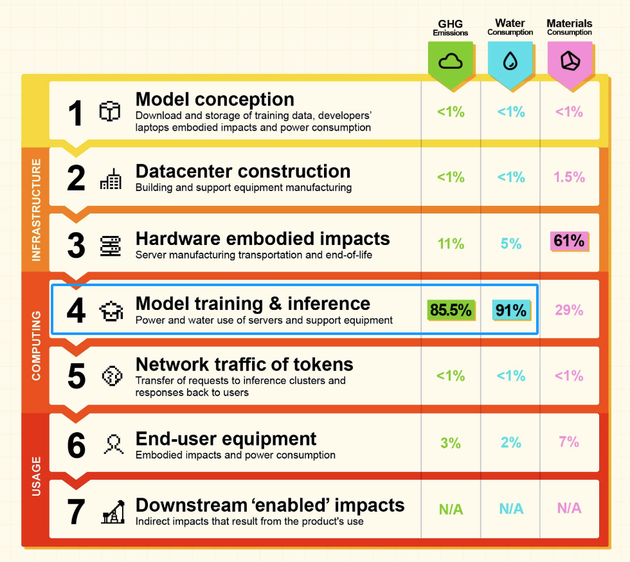
Photo/VCG
Microsoft is taking a leap into one of the dirtiest corners of the carbon removal market: human waste. The tech giant has struck a 12-year deal with startup Vaulted Deep starting from next year to purchase 4.9 million metric tons of organic waste, including manure, sewage sludge, and paper mill byproducts. Each ton of carbon is currently selling for around $350 per ton, which will bring Microsoft's total cost of the purchase to a whopping $1.7 billion.
To understand why Microsoft is willing to pay such a premium, National Business Daily (NBD) had an interview with Benja Faecks, policy expert at the non-profit Carbon Market Watch.
Faecks was blunt: the project is "more of a sensational move that can briefly grab attention." She warned that relying on so-called carbon removal risks becoming a distraction. "We strongly oppose the logic of ‘offsetting emissions,’ because emissions cannot be offset. You cannot claim to have 'reduced emissions' simply by purchasing carbon credits or investing in projects outside your supply chain."
Faecks told NBD that carbon-credit mechanisms are often criticized precisely because they are used for misleading "carbon-neutral" claims. "If companies did not use the credits as an excuse for 'net-zero,' the mechanism itself would not face such harsh criticism." She emphasized that credible climate action must prioritize cutting emissions at the source, not what she called "accounting tricks."
Microsoft's own sustainability report underscores the urgency: since 2020, overall emissions have climbed 23.4%, driven by surging electricity demand at new data centres.
A recent International Telecommunication Union study found that between 2020 and 2023, Scope 2 emissions at Amazon, Microsoft, Alphabet and Meta rose between 138% and 182%. Mistral AI's latest life-cycle assessment shows that 18 months of training and inference for its flagship model emitted 20,400 t CO₂e—equivalent to 5,000 cars driven for a year—and consumed 281,000 m³ of water, enough to fill 112 Olympic swimming pools.

Asked where the industry should focus, Faecks told NBD that renewable energy remains "the key to the tech sector's transition." She added that extending hardware life and increasing the share of recyclable components are "equally crucial for reducing supply-chain energy use." Finally, she urged governments to step in. Besides demanding greater transparency in environmental-impact disclosure, governments must strengthen regulation. The next decade is the last window for climate action; both governments and companies in the AI sector have a responsibility to act quickly.


 川公网安备 51019002001991号
川公网安备 51019002001991号





